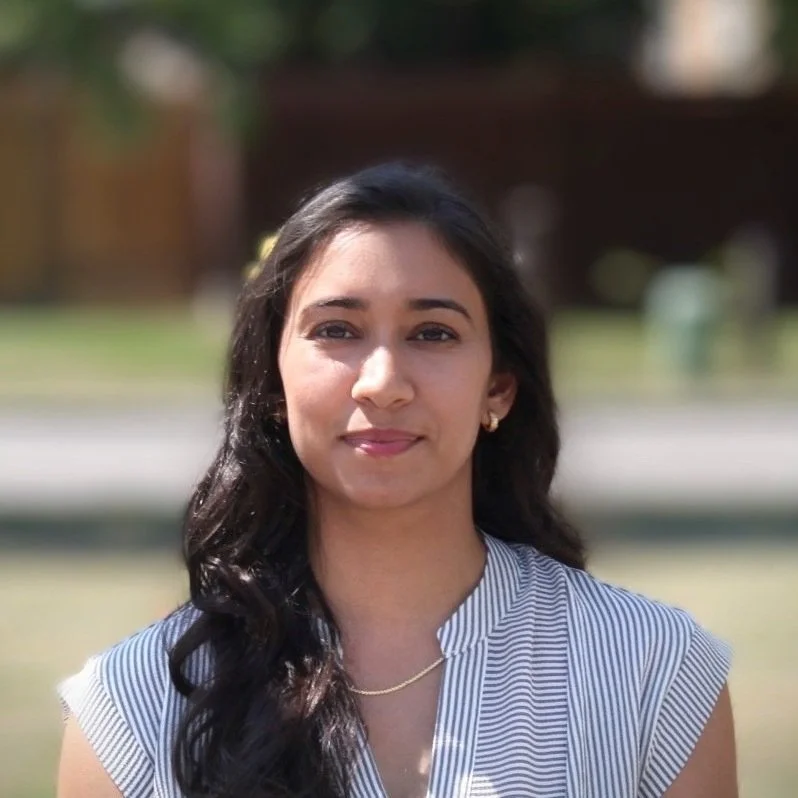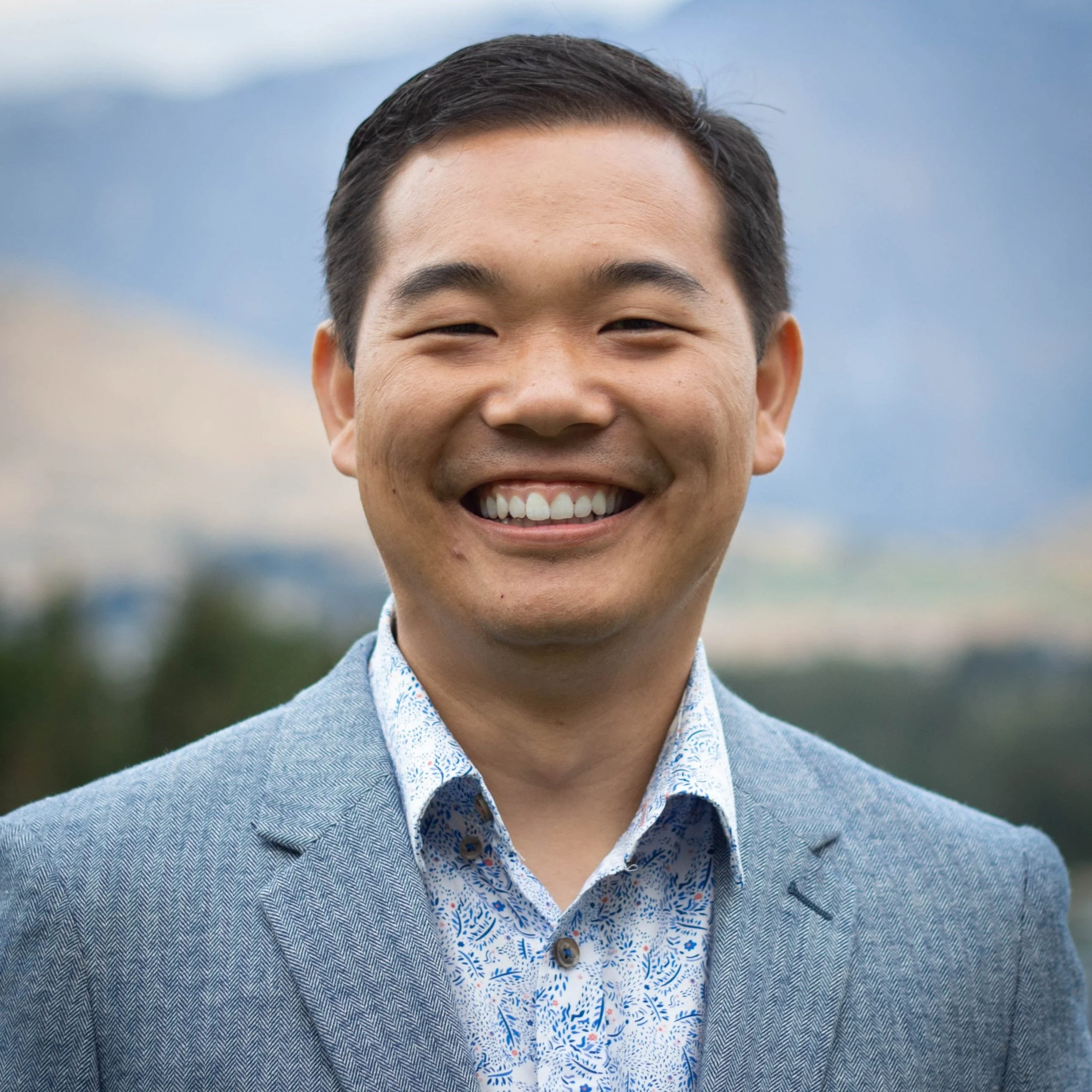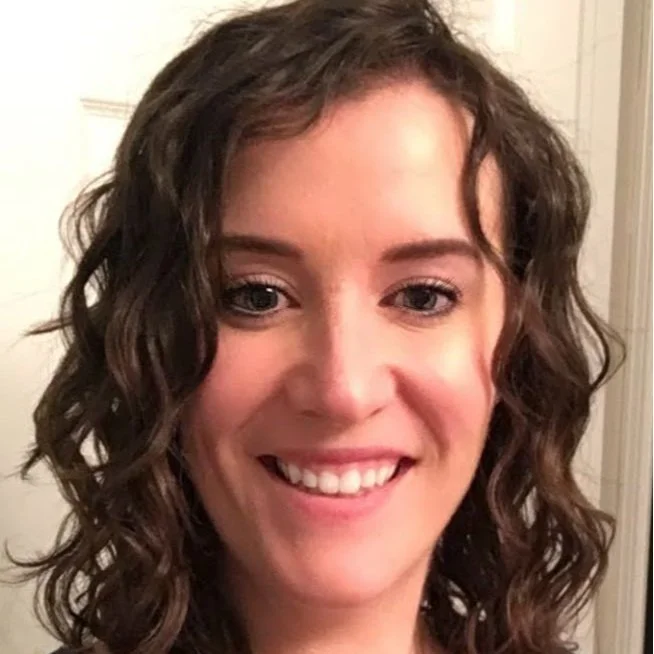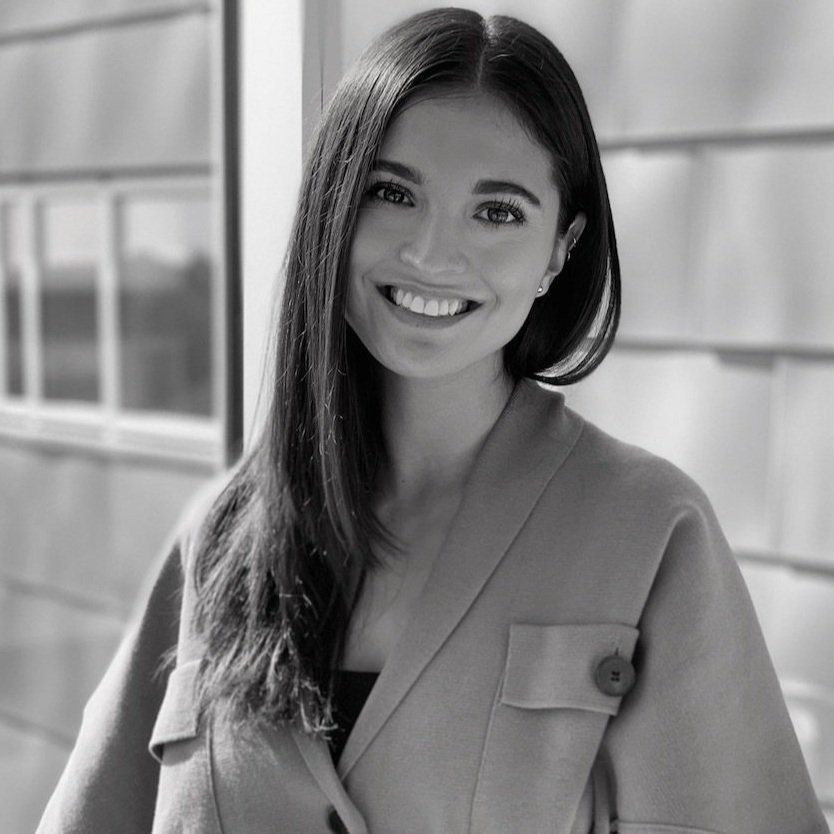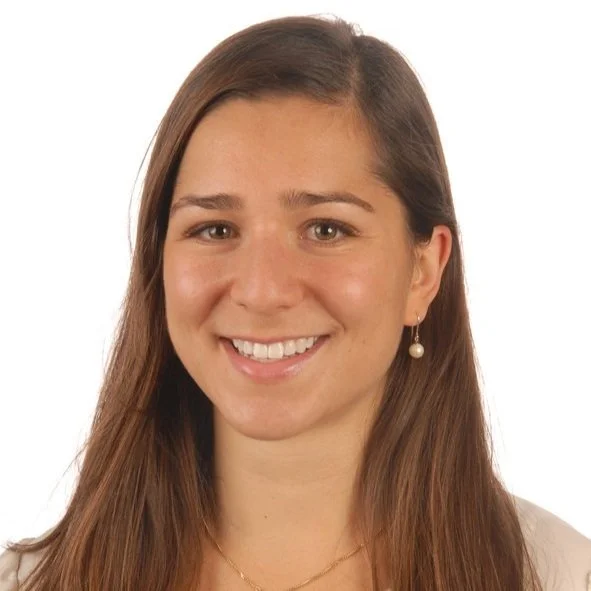1. Towards an Understanding of Families' Experiences of Language Assessment in Children Growing Up with Cerebral Palsy and Complex Communication Needs
Recipient: Jael Bootsma
Project Summary: Since children’s rehabilitation therapists have identified the implementation of family-centred care in practice as an area for improvement, a critical examination of assessments of spoken language comprehension is needed. One promising accessible assessment tool, the Computer Based instrument for Low motor Language Testing (C-BiLLT), can be used to examine receptive language in children with complex communication needs.
With this project, Jael aims to answer the research question: “What can we learn from the experiences of families and expert users about the family-centeredness of assessing spoken language comprehension using the C-BiLLT in children who have cerebral palsy and complex communication needs?”
2. Supporting Children with Special Needs in Schools: a Guided Stakeholder-oriented Knowledge Translation Intervention to Optimize Collaboration Between Occupational Therapists and Teachers
Recipient: Lina Ianni
Project Summary: Participation of children with disabilities in mainstream education is restricted, and although rehabilitative services are provided in inclusive school settings to support these children, service is often limited.
This project explores the use of interprofessional collaboration (IPC) models as new methods of service delivery to address this issue. These models involve different professional stakeholders (e.g. school occupational therapists and elementary school teachers) who are key to ensuring students’ successful participation in school.
With this project, Lina aims to answer the research question: “Could a guided knowledge translation intervention enhance IPC knowledge, attitudes and practice behaviours of school occupational therapists and elementary school teachers involved in supporting students with disabilities who are integrated in mainstream schools?”
3. Perspectives of Immigrant Teens with neurodisabilities Preparing for the Adult health care Transition (PITPAT)
Recipient: Sandra Abdel Malek
Project Summary: Health care transition, or the shift from pediatric to adult services, can be a challenge for many individuals with brain-based disabilities (BBD). Much of our current knowledge about this transition comes from perspectives of parents and adolescents in western contexts. However, different cultural environments play an important role in a person’s experience of disability, and little is known about the experience of adolescents with BBD who have immigrated to a western country like Canada.
Given that the milestones associated with adulthood are often perceived differently in various cultures, Sandra “aims to explore the lived experiences of immigrant adolescents with BBD as they prepare to make the transition from pediatric to adult health care.”
4. Implementation and Evaluation of “Learning Together” Simulations to Support Researchers, Parents, Youth, and Trainees to Engage in Pediatric Rehabilitation Research
Recipient: Samantha Micsinszki
Project Summary: In Canada, few training opportunities exist to provide practical applications of the knowledge and skills needed to engage in authentic and meaningful partnerships in children’s rehabilitation research.
A suite of four simulations called “Learning Together” may have the potential to address this problem. These simulations were co-designed by youth with disabilities, parents of children with disabilities, trainees, staff, and researchers.
Samantha aims to determine if researchers, staff, trainees, youth with disabilities, and parents of children with disabilities demonstrate improved knowledge and attitudes about authentic and meaningful partnership after completing the simulations. Samantha will also examine whether participants report improved self-perceived ability to engage in POR after completing the simulations.
5. Building Sibling Partnerships in the BrothErs and Sisters involvement in health care TranSition for youth wIth Brain-based disabilitieS (BEST SIBS) Study
Recipient: Linda Nguyen
Project Summary: During the transition from childhood to adult health care, youth with brain-based disabilities (BBD) often rely on family support from parents and siblings to assist them. To be able to provide that support, siblings require knowledge and skills. However, limited resources are available to inform and guide siblings during this process.
Given the need for knowledge on how sibling relationships can influence the process of health care transition for youth with BBD, Linda plans “to develop a deeper understanding of typically developing siblings’ experiences, roles, and responsibilities in their relationship with their sibling with a BBD.”
6. Cognitive Interventions for Children and Youth with Neurodevelopmental Problems
Recipient: Jala Rizeq
Project Summary: Youth with disorders that impact neurodevelopment often have difficulties with executive functioning and emotional regulation. To date, several interventions have shown promise in improving these functions, particularly video and game-based interventions.
However, these improvements have yet to be demonstrated while looking at clinical symptoms (e.g. academic performance, emotional regulation and behavioural problems).
Jala aims to determine whether improvements gained in executive functions through cognitive training with children with neurodevelopmental/brain-based disorders transfer to improvements in daily life outcomes.
7. Co-occurring Physical Disabilities and Mental Health Problems in Youth: Current Practices, Emerging Needs and Future Directions in Pediatric Rehabilitation
Recipient: Stephanie Tremblay
Project Summary: Youth aged 15 to 24 with physical disabilities who are preparing for transition from the pediatric to adult heath care systems often have complex needs and can experience both physical and mental health problems. However, receiving complete, integrated care within one organization is not always common practice. In addition, mental health is often overlooked or treated separately from physical health by different health professionals, which complicates treatment coordination.
Stephanie aims to “examine the organization and delivery of pediatric rehabilitation services for youth with neurological and neuromuscular disorders and co-occurring mental health problems.” This work will identify current rehabilitation practices, procedures and needs from the perspectives of both service providers (therapists, managers) and young patients and their families.
We are currently accepting applications for our 2021 Graduate Fellowship in Patient-Oriented Research! If you are a graduate student or postdoctoral fellow engaged in POR focused on brain-based disabilities, apply now for the opportunity to receive up to $10,000 to enhance your POR learning experience. Find out more on this page.



